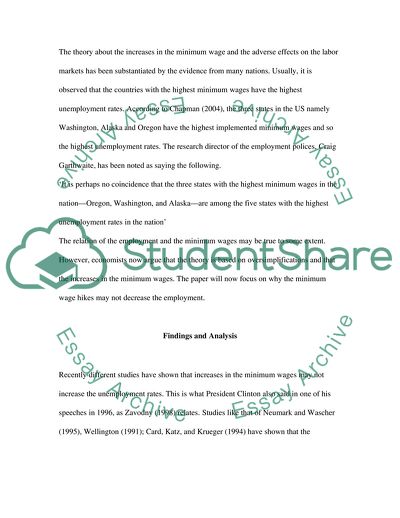Cite this document
(The Concept of the Minimum Wage Essay Example | Topics and Well Written Essays - 1500 words - 8, n.d.)
The Concept of the Minimum Wage Essay Example | Topics and Well Written Essays - 1500 words - 8. https://studentshare.org/macro-microeconomics/1737741-economic
The Concept of the Minimum Wage Essay Example | Topics and Well Written Essays - 1500 words - 8. https://studentshare.org/macro-microeconomics/1737741-economic
(The Concept of the Minimum Wage Essay Example | Topics and Well Written Essays - 1500 Words - 8)
The Concept of the Minimum Wage Essay Example | Topics and Well Written Essays - 1500 Words - 8. https://studentshare.org/macro-microeconomics/1737741-economic.
The Concept of the Minimum Wage Essay Example | Topics and Well Written Essays - 1500 Words - 8. https://studentshare.org/macro-microeconomics/1737741-economic.
“The Concept of the Minimum Wage Essay Example | Topics and Well Written Essays - 1500 Words - 8”. https://studentshare.org/macro-microeconomics/1737741-economic.


